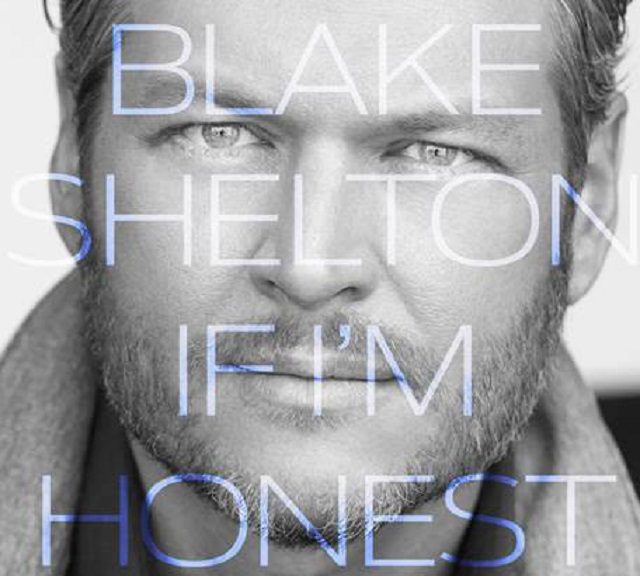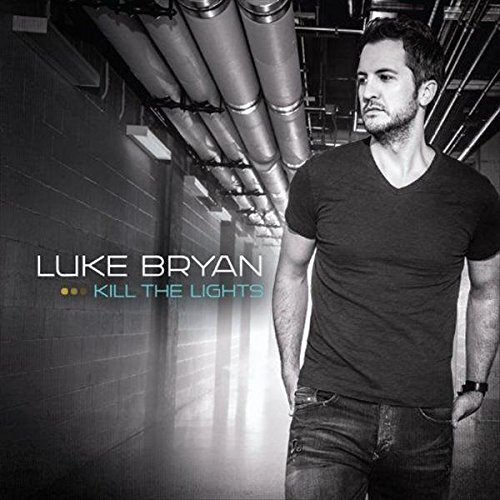What does it mean when someone says your song is “dated” or “not appropriate for today’s artists?”
Recently, a member of the Songwriting Pro community asked me about feedback he recently received from a music publisher. Regarding this writer’s song, the publisher said:
What does this mean, and how can you figure out if your song is dated?
________________________________
To BE a pro, you need to THINK like a pro, and this FREE ebook will help transform your thinking, your songwriting, and your success. Get it today!
_________________________________
First of all, I know this can be a very frustrating piece of feedback. I’ve been there.
Your song obviously doesn’t sound “dated” to you, or you wouldn’t have bothered to send it in to a music industry professional. You believe your song has worth, and let me be the first to tell you:
Your song may be good, but not all good songs are commercial songs.
You can write a very well-crafted and emotional song. That’s great- and it’s not easy to do. But if that song sounds like it just popped out of a time machine from 1985, it’s probably not going to get recorded by a major artist TODAY.
Yes, you may find a few exceptions here and there. There may be some throwback artists or tracks out there. But even most of those songs bring in some new element so it doesn’t just sound like an old song. And there may be some indie artists that are retro. But in any case, aiming for the fringes or small niches is not a great way to start off your career – or for a publisher to make a living. So most won’t be interested in dated-sounding songs.
Put your song in a playlist of current hits in the same genre.
If you’re a country writer, make a playlist of several current country hits by mainstream artists. Then add your song somewhere in the middle. Does it feel like it would be right at home on a radio station playing those songs? Or would it stick out like a sore thumb? And why is that?
Is your song lyrically dated?
Does your lyric contain phrases that just aren’t found in current hits- and haven’t been heard on the radio in years? Does it tell the type of story that went out of style years ago? Does it use archaic language- words that aren’t used in normal conversation these days? These can all make your song feel dated.
Is your song sonically dated?
My first inclination is to say, “well, if you can’t hear it, I can’t explain it.” And part of that might be true. It’s like what one judge said about pornography. “I can’t tell you what it is, but I know it when I see it.” Can you HONESTLY hear a current artist singing this melody? Would it REALLY fit in on their current album? Are you using instrumentation that hasn’t been on the radio in years?
You have to be honest with yourself.
What other ways have you found that make songs sound dated? I’d love to hear from you. Leave a comment!
Knowing how to avoid mistakes like this can make a big difference in YOUR songwriting. Keeping your songs current will help them have a competitive advantage in the market.
If you want to dive into songwriting craft; if you want learn how to write songs that will get you noticed in the music business, I have a great opportunity for you.
Every Tuesday night in April, I’m hosting The C4 Experience. It’s an exclusive, live online event where I help 10 writers like YOU create explosive growth in your commercial songwriting. I want you to win, and I’m going to help you write songs that artists want to sing, radio wants to play and fans want to hear.
CLICK HERE TO GET ALL THE DETAILS AND RESERVE YOUR SPOT IN THIS EXCLUSIVE ONLINE EVENT!
God Bless and Enjoy the Journey,
Brent
Brent Baxter is a hit songwriter with cuts by Alan Jackson, Randy Travis, Lady Antebellum, Joe Nichols, Gord Bamford, Ray Stevens and more. He’s written a top 5 hit in the US, a #1 Single of the Year in Canada, and a top 10 in Texas… so far. He also hosts a top-rated songwriting and music business podcast called, “The C.L.I.M.B.” which can be found on iTunes or your favorite podcast app.























